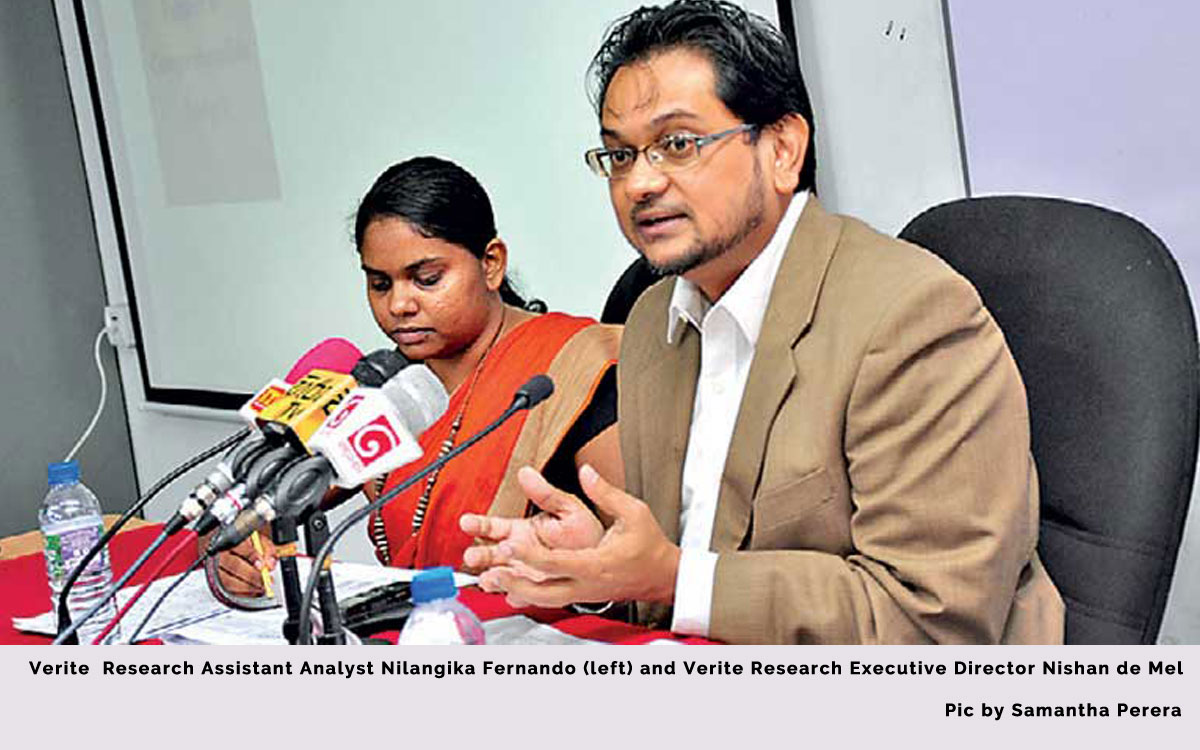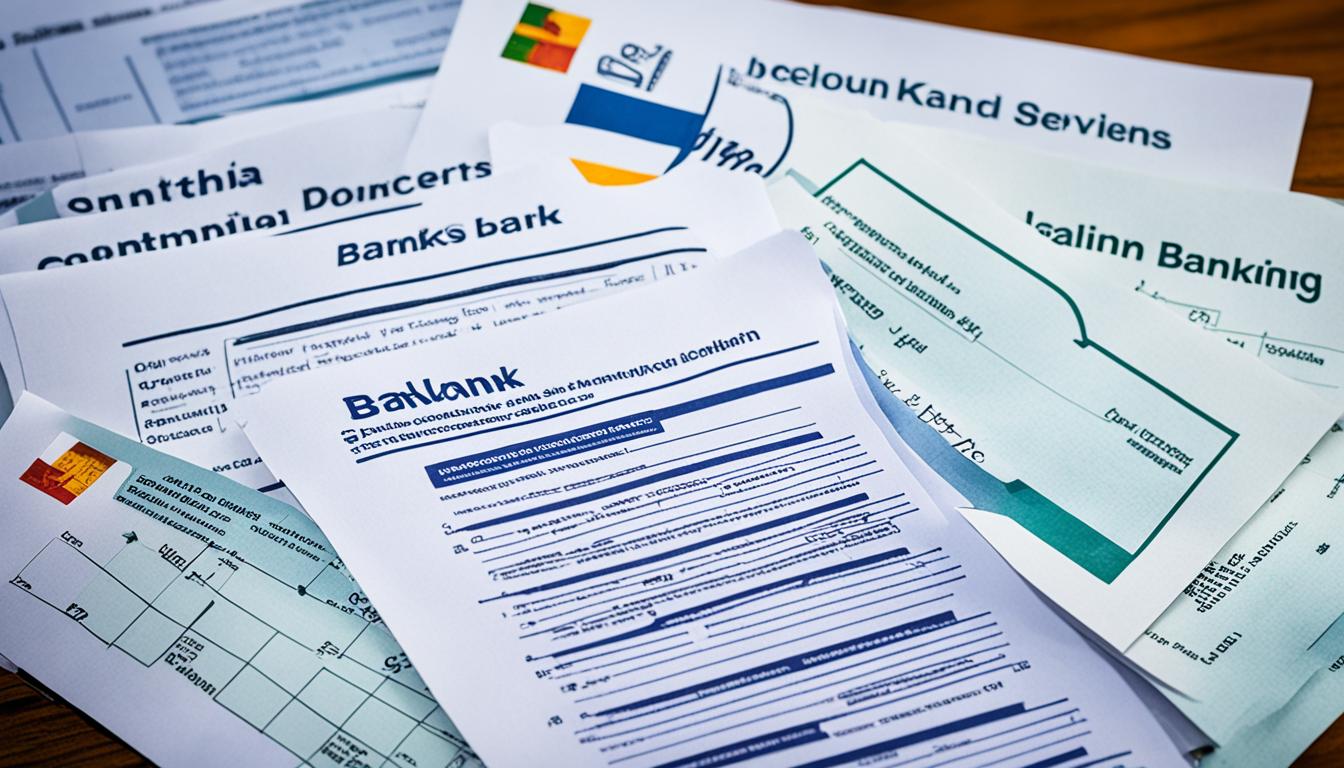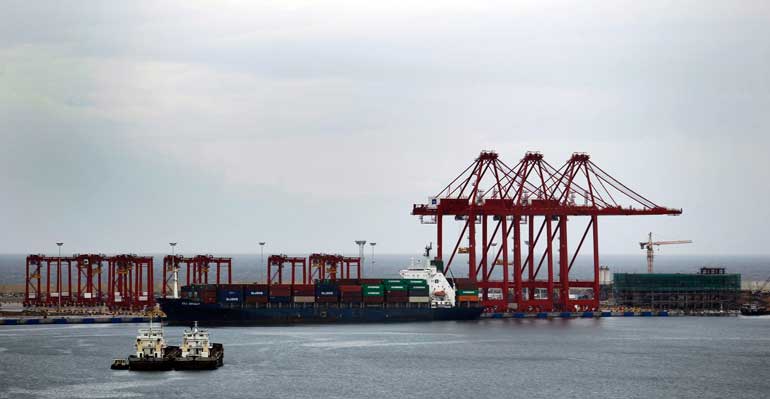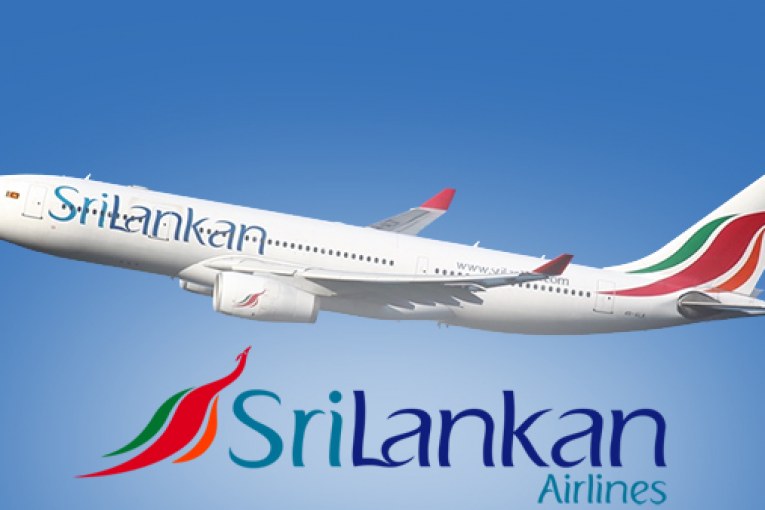Sri Lanka’s budget openness in the latest survey has scored 44 out of 100, coming in next to last in South Asia, tied with Pakistan.
Open Budget Survey, which scores 115 countries on the openness of their budget process, is the world’s only independent assessment of information disclosure in public budgets.
The recent assessments of the 2013/14 and 2016/17 budget processes have placed Sri Lanka 60th in the world and amongst the lowest ranked countries in South Asia.
In the latest survey, of the 2016/17 budget process, Sri Lanka came in next to last in South Asia, tied with Pakistan. Afghanistan performed better than Sri Lanka, whereas Bangladesh did not.
“Compared to the previous, Sri Lanka improved in the information provided each quarter, on revenue, expenditure and debt,” Verité Research who conducted this survey in Sri Lanka said.
“However, the quality and timeliness of this information continued to fall short of many of its peers.”
Sri Lanka’s budget related reporting is governed by the Fiscal Management (Responsibility) Act.
Verité Research said the government remains compliant with this law, despite falling short of international standards on the quality and scope of its budget reports.
The research firm proposed three ways in which Sri Lanka can improve, by going beyond the letter of the law and implementing the Act it in terms of its intended purpose.
- Publish a comprehensible, non-technical budget document
- Provide budget related reports in a consistent format
- Publish adequate information, in line with international standards
Verité Research, however, said that in past years Sri Lanka has performed better than in recent years, which points towards several of the above improvements being well within the scope of what is achievable in a short time-frame.
Improving Sri Lanka’s performance on budget openness requires alignment with international standards, Verité Research emphasized.
According to Verité, this requires the government to make two shifts: Firstly, to go beyond the letter of the law and publish timely budget information in consistent formats.
Secondly, to recognize the gaps in terms of budget information required by the law and publish adequate information that allows for the proper monitoring and scrutiny of budgetary outcomes and compliance.
Sri Lanka has legislation in place that allows for public scrutiny of budget information.
But the shortfalls in implementation, and the gaps in the requirements specified, are resulting in the country coming out in a poor light in international rankings on budget openness.











